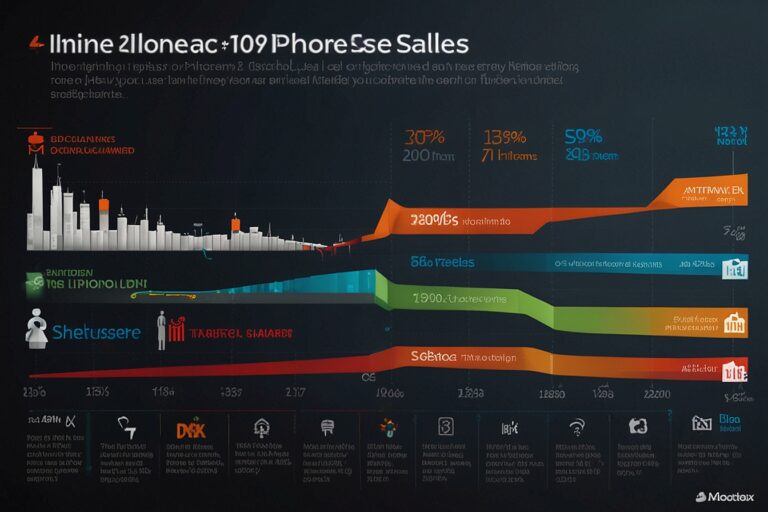
TL;DR:
- Bolt partners with Klarna to embed BNPL into its checkout OS.
- Klarna’s Pay in 4 and monthly financing will appear in Bolt-powered stores.
- The integration launches in the U.S. later this year, with global expansion to follow.
- The move supports Bolt’s comeback, as Ryan Breslow returns as CEO.
- Bolt aims to raise $600M, while recovering from past legal and investor issues.
- Recent Palantir partnership adds AI-driven personalized checkout.
- Klarna aims to scale its U.S. footprint via Bolt’s merchant network.
- Bolt positions itself as a checkout “SuperApp” combining crypto and retail payments.
Bolt and Klarna Forge High-Impact Checkout Alliance
Bolt is making headlines again — this time for a strategic partnership with Klarna, the global leader in buy now, pay later (BNPL) services. On Monday, the companies announced an agreement that will embed Klarna’s flexible financing options directly into Bolt’s one-click checkout platform.
Klarna’s Pay in 4 and monthly installment options will be available across Bolt’s merchant ecosystem, enabling shoppers to make purchases in-store with just a tap. The integration will roll out in the U.S. first, with international markets to follow.
In a statement, Bolt co-founder and CEO Ryan Breslow said this collaboration represents more than a conventional product integration. It’s a “clear sign that commerce is moving in an entirely new direction.”
Bolt’s Strategic and Financial Position
| Metric / Event | Value / Details | Source |
| Klarna-Bolt Partnership Launch | U.S. rollout in 2025 | TechCrunch |
| Bolt Valuation Attempt (2024) | $14 billion (proposed) | Bloomberg |
| Planned Raise (2025) | $600 million (split with Love) | Bloomberg |
| Bolt Runway | 3+ years | TechCrunch |
| Recent Partners | Klarna, Palantir | TechCrunch |
Klarna’s Push to Scale U.S. Footprint
For Klarna, the partnership opens the door to thousands of Bolt merchants, expanding its U.S. presence just as the company prepares for a long-anticipated IPO.
Klarna’s statement emphasized the ability to “scale our U.S. footprint” and drive merchant loyalty, which has become increasingly difficult in the crowded BNPL market. Through Bolt, Klarna can be integrated without technical overhead or new contracts.
This seamless entry point is part of what makes the collaboration so valuable. Shoppers will see Klarna as a native option within Bolt’s checkout experience — no redirects, no separate apps, just single-click financing.
A Comeback Year for Bolt
The deal comes as Bolt continues to rebuild its reputation following years of investor dissatisfaction and legal controversy. In early 2022, Ryan Breslow stepped down as CEO amid scrutiny around governance and internal culture. He returned in March 2025, aiming to steer the company back to growth.
One of Bolt’s main hurdles in 2024 was a complex fundraising attempt — a reported $450 million round tied to unusual terms, including a “cramdown” threat that alarmed existing shareholders. That round never materialized.
Now, according to Bloomberg, Breslow is again seeking capital — this time $600 million, with half earmarked for Bolt and the other half for his new venture, Love. He has claimed Bolt has three years of financial runway and that growth partnerships like Klarna’s are essential to the comeback strategy.
Palantir-Powered Personalized Checkout
Earlier this month, Bolt announced a separate alliance with Palantir to launch an AI-driven personalized checkout system. The feature tracks and remembers customer shopping habits across Bolt’s ecosystem to enable faster, smarter purchases.
Breslow envisions a Bolt SuperApp that merges e-commerce checkout with crypto and everyday payments, all in one-click. The Klarna integration will likely be a core part of that unified vision.
Klarna as the Key to BNPL Simplification
Traditional BNPL experiences can involve multiple redirects, hidden fees, and friction in the customer journey. Bolt’s direct integration eliminates these layers. Merchants will be able to offer Klarna instantly, without new systems or contracts, while consumers gain clarity and control over how they pay.
As Klarna eyes its U.S. IPO, this type of distribution partnership boosts its presence in physical retail and gives it an edge over rivals like Affirm and Afterpay.
Strategic Timing for Both Companies
For Klarna, this is a channel expansion strategy.
For Bolt, this is reputational repair and platform reinforcement. Adding Klarna to a product suite that now includes Palantir-backed personalization marks a deliberate return to innovation — rather than distraction.
And for investors observing from the sidelines, it’s a sign that Bolt is aligning itself with powerful, credible tech allies as it seeks new funding.




